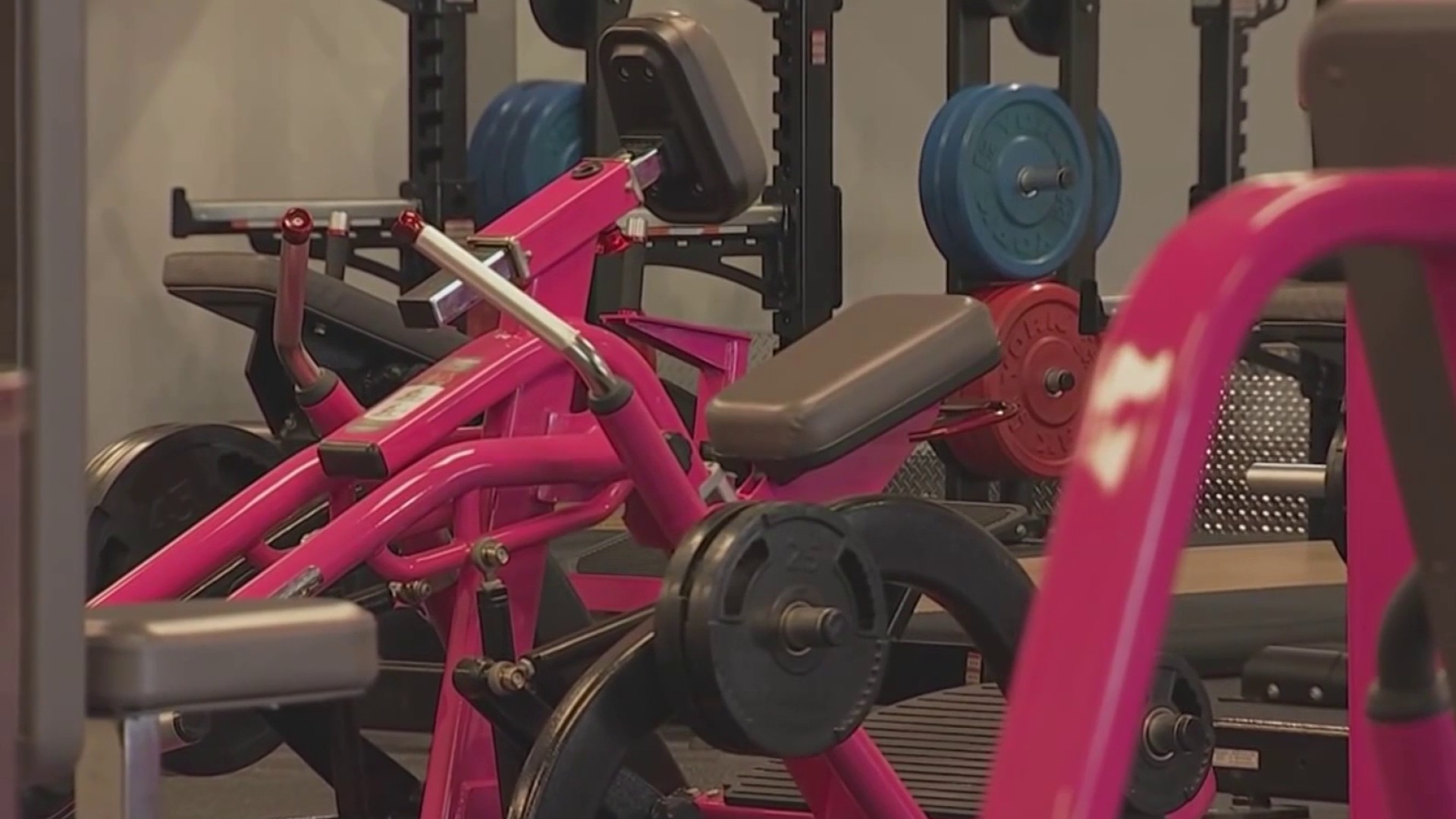Pennsylvania’s highest court gave the Democratic Party a series of victories Thursday in the presidential battleground state, relaxing deadlines in its fledgling mail-in voting law, approving more ballot collection sites and kicking the Green Party’s presidential candidate off the November ballot.
The state Supreme Court, which has a 5-2 Democratic majority, granted the Democratic Party’s request to order an extension of Pennsylvania’s Election Day deadline to count mailed-in ballots.
The extension it granted, in a 4-3 decision, will allow three more days to receive ballots that were mailed before polls closed.
It cited warnings of the prospect of postal service delays in invalidating huge numbers of ballots and demand for mail-in ballots during the coronavirus pandemic to invoke the power, used previously by the state's courts, to extend election deadlines during a disaster emergency.
Get top local stories in Philly delivered to you every morning. >Sign up for NBC Philadelphia's News Headlines newsletter.
In party-line decisions by the state's elected justices, the court also upheld the use of satellite election offices and drop boxes to help counties collect the expected avalanche of mail-in ballots, and ruled that the Green Party’s presidential nominee didn't follow procedures for getting on November's ballot and cannot appear on it.
The rulings came amid a flurry of partisan lawsuits and a partisan stalemate over fixing gray areas and glitches exposed during a test-run of Pennsylvania's mail-in voting law during June 2's primary election.
Polls show a tight race between President Donald Trump and Democrat Joe Biden in Pennsylvania, as the candidates, surrogates and campaign ads blanket the state. Losing Pennsylvania could prove fatal to Biden’s chances of defeating Trump: No Democrat has won the presidency without winning Pennsylvania since Harry S. Truman in 1948.
Health
Democrats and liberal groups cheered the court's decisions on the mail-in voting law.
Mail-in voting will help “protect our right to vote in the most critical election of our lifetimes," NextGen Pennsylvania said. Guy Cecil, the chairman of Priorities USA, the largest Democratic super PAC, called the decision “a victory for democracy and for all Pennsylvania residents.”
Republicans excoriated it.
Leaders of the state Legislature's Republican majorities said the court jeopardized the security, integrity and accountability of the election process, and they suggested the fight was not over.
The “blatantly political decision to violate the law irresponsibly heightens the risk that our state will experience a lengthy, disputed and controversial outcome in what is expected to be an extremely close presidential race," said Republican U.S. Sen. Pat Toomey, of Pennsylvania.
The fall election will test Pennsylvania's ability to handle a massive mail-in vote.
Under a year-old state law greatly expanding access to mail-in balloting in Pennsylvania and, fueled by concerns over the pandemic, more than 3 million voters are expected to cast ballots by mail in the state's Nov. 3 election.
That’s more than 10 times the number who voted by mail in Pennsylvania in 2016′s election, when Trump’s 44,000-vote victory over Democrat Hillary Clinton in Pennsylvania helped propel him to the White House.
In extending the deadline to count mail-in ballots, the court said ballots must be postmarked by the time polls close and be received by county election boards at 5 p.m. on Nov. 6, three days after the Nov. 3 election.
Ballots can be counted if they lack a postmark, a legible postmark or some proof of mailing, unless a “preponderance of the evidence” shows it was mailed after Election Day, the court said.
Republicans opposed changing that deadline.
Most states make Election Day the deadline, but 18 states — about half of which backed Trump in 2016 — have a post-Election Day deadline.
The court's upholding the use of satellite election offices and drop boxes came as Philadelphia, its suburbs and Allegheny County — collectively home to more than half the state's registered Democratic voters — plan to deploy them.
The court acknowledged that the law is ambiguous but pointed to the intent of the mail-in voting law to provide voters “with options to vote outside of traditional polling places.”
Republicans had protested that drop boxes and satellite election offices are not explicitly authorized under state law.
The high court's rulings come as Gov. Tom Wolf, a Democrat, and the Republican-controlled Legislature are at a stalemate over some of the issues, less than seven weeks before the election.
To a great extent, they are clashing over how to prevent vast numbers of ballots from being discarded and how to head off the specter of a presidential election result hanging in limbo on a drawn-out vote count in Pennsylvania.
___
Follow Marc Levy on Twitter at www.twitter.com/timelywriter.



